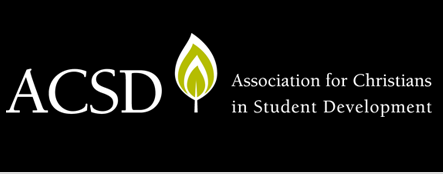Home > Other Collections > ACSD > Growth > No. 3 (2003)
Abstract
Fostering moral development has been an important goal of American higher education throughout its history. This goal has become especially prominent in light of recent developments related to crime, ethical indifference and deteriorating social structures. This topic is of particular relevance to faith-based institutions as the fostering of moral development is vitally related to their collective mission and purposes.
The literature of moral development contains a number of prominent and plausible theoretical approaches. However, two of the most prominent and highly developed are, Lawrence Kohlberg’s theory of moral judgment development and James Fowler’s theory of faith development. Each of these approaches characterizes moral development in distinct ways. In keeping with the uniqueness of these approaches, each model yields distinctive insights and conceptual strengths.
Specifically this review attempts to identify the major conceptual elements of each theoretical perspective in order to consider the implications of using either as a basis for future research initiatives. Additional consideration is given to available methods of assessment and the theoretical fit of the two models with the specific interests of faith-based colleges. Finally, this review explores implications for future research and emerging research questions.
Recommended Citation
Herrmann, Tim
(2003)
"Kohlberg and Fowler: Two Models for Considering the Moral Progress of College Students,"
Growth: The Journal of the Association for Christians in Student Development: Vol. 3:
No.
3, Article 3.
Available at:
https://pillars.taylor.edu/acsd_growth/vol3/iss3/3
Included in
Educational Assessment, Evaluation, and Research Commons, Educational Leadership Commons, Higher Education Commons, Higher Education Administration Commons, Teacher Education and Professional Development Commons

